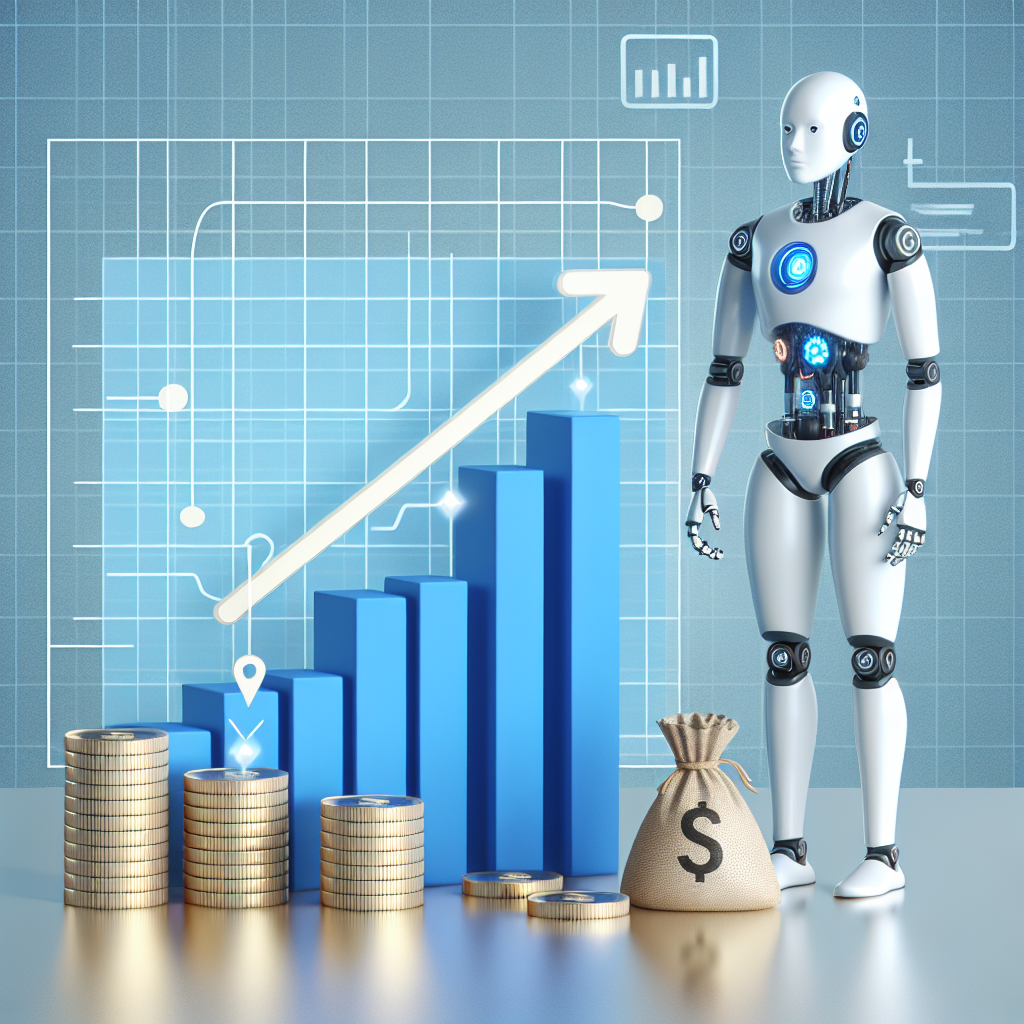The Impact of AI on the Job Market
Artificial Intelligence (AI) has become a hot topic in recent years, with advancements in technology leading to its integration into various industries. While AI has the potential to revolutionize the way we work and live, it also raises concerns about its impact on the job market. As AI continues to evolve and become more sophisticated, it is important to understand how it will affect the future of work and the economy.
AI and Automation
One of the primary concerns surrounding AI is its potential to automate tasks that are currently performed by humans. Automation has already had a significant impact on the job market, with many routine and repetitive tasks being outsourced to machines. AI has the ability to further automate tasks that require cognitive skills, such as data analysis, decision-making, and customer service.
While automation has the potential to increase efficiency and productivity in many industries, it also raises concerns about job displacement. As AI becomes more prevalent in the workplace, there is a risk that many jobs will become obsolete, leading to unemployment and economic instability. However, some experts argue that AI will create new job opportunities in emerging industries, such as robotics, cybersecurity, and data science.
Job Displacement vs. Job Creation
The debate over whether AI will lead to job displacement or job creation is ongoing. Some experts believe that AI will lead to the loss of millions of jobs, particularly in industries that rely heavily on manual labor and routine tasks. For example, self-driving cars could potentially eliminate the need for millions of truck drivers, while AI-powered chatbots could replace customer service representatives.
On the other hand, some experts argue that AI will create new job opportunities in industries that require specialized skills and knowledge. For example, AI engineers, data scientists, and cybersecurity experts are in high demand as companies invest in AI technologies. Additionally, AI has the potential to create new industries and business models that were previously unimaginable, such as autonomous vehicles, personalized medicine, and smart cities.
The Future of Work
As AI continues to evolve and become more integrated into the workplace, the future of work is likely to change dramatically. Many jobs that are currently performed by humans could be automated or augmented by AI, leading to a shift in the skills and knowledge required to succeed in the workforce. Workers will need to adapt to these changes by developing new skills, such as coding, data analysis, and problem-solving.
Additionally, the rise of AI may lead to a more flexible and dynamic workforce, with workers taking on multiple roles and projects simultaneously. Freelancing and gig work are becoming increasingly popular, as workers seek flexibility and autonomy in their careers. AI-powered platforms, such as Upwork and TaskRabbit, are connecting freelancers with clients around the world, creating new opportunities for people to work remotely and on their own terms.
FAQs
Q: Will AI lead to mass unemployment?
A: While AI has the potential to automate many jobs, it is unlikely to lead to mass unemployment. Instead, AI is likely to shift the types of jobs available, with a focus on roles that require specialized skills and knowledge.
Q: What can workers do to prepare for the rise of AI?
A: Workers can prepare for the rise of AI by developing new skills, such as coding, data analysis, and problem-solving. Additionally, workers should stay up-to-date on the latest AI technologies and trends to remain competitive in the job market.
Q: How can companies use AI to their advantage?
A: Companies can use AI to their advantage by automating routine tasks, improving decision-making, and enhancing customer experiences. AI has the potential to increase efficiency and productivity in many industries, leading to cost savings and competitive advantages.
In conclusion, the impact of AI on the job market is complex and multifaceted. While AI has the potential to automate many tasks currently performed by humans, it also has the potential to create new job opportunities in emerging industries. Workers and companies must adapt to these changes by developing new skills and embracing AI technologies to remain competitive in the future of work.

